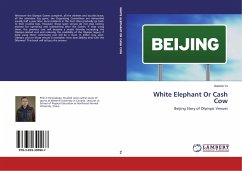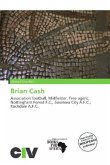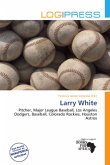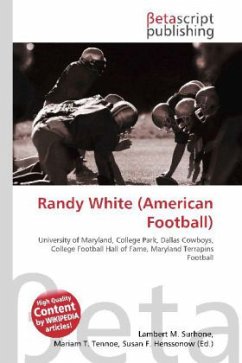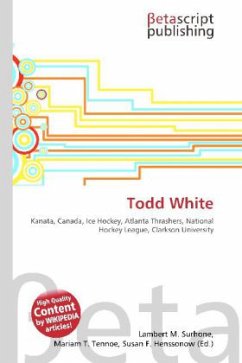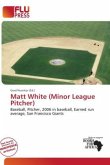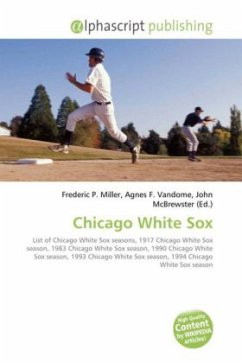Whenever the Olympic Games complete, all the athletes and tourists leave, all the attention has gone, the Organizing Committees are dismantled usually half a year later, local residents in the host cities gradually go back to their routine lives. However, those sport venues do not stop costing moneys for operating and maintaining after the Games. If stop using them, the previous cost will become a waste thereby increasing the Olympic-related cost and reducing the credibility of the Olympic legacy; if keep using them, continuing cost will be a must. In either way, post-Olympic cost on those venues is inevitable. How does Beijing deal with this Dilemma? This book will tell you the answer.
Bitte wählen Sie Ihr Anliegen aus.
Rechnungen
Retourenschein anfordern
Bestellstatus
Storno

